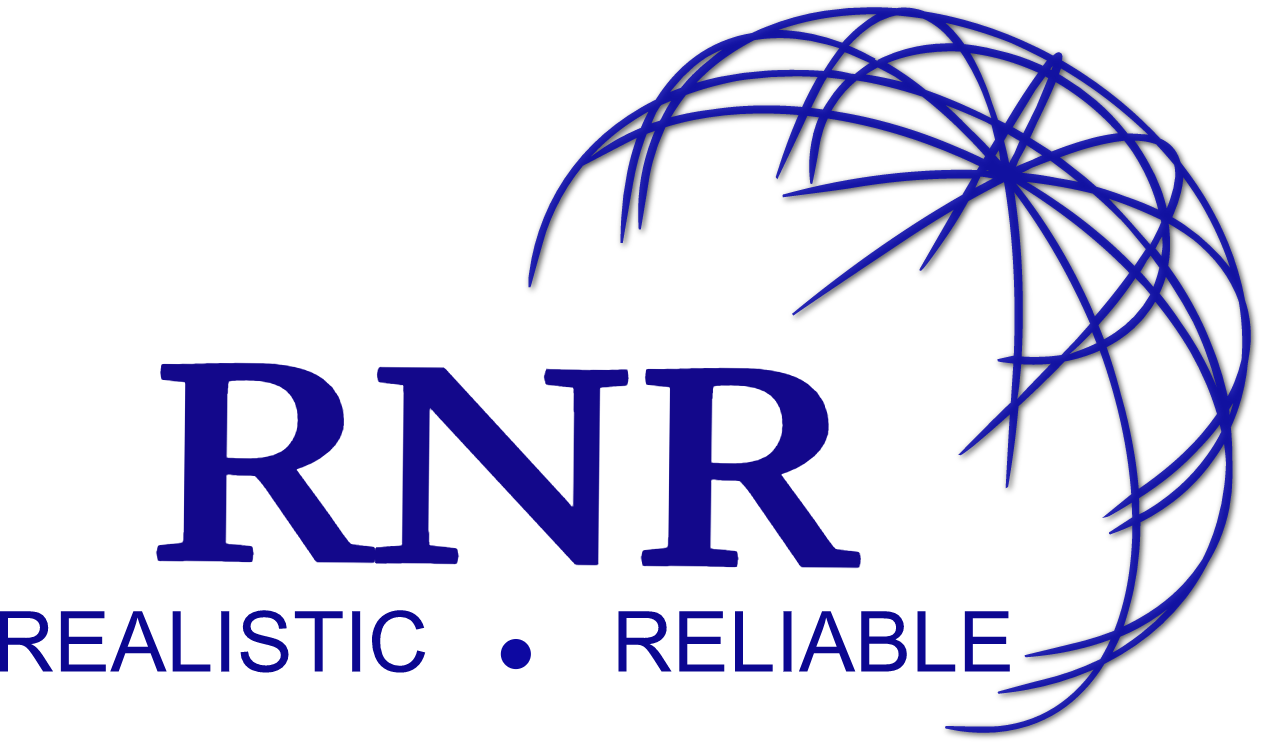SOC Services
SOC Services, or Security Operations Centre Services, are a set of services that help organizations monitor, detect, and respond to security threats. SOC Services can be provided by a third-party vendor or by an in-house team of security analysts.
The specific services that are included in SOC Services can vary depending on the needs of the organization, but they typically include:
- Monitoring: This involves continuously monitoring an organization’s IT environment for potential security threats.
- Detection: This involves identifying and responding to security threats as they occur.
- Investigation: This involves investigating security incidents to determine the root cause and identify any vulnerabilities that may have been exploited.
- Response: This involves taking steps to mitigate the impact of a security incident and prevent it from happening again.
- Reporting: This involves providing regular reports on security incidents and vulnerabilities.
Methodology
Takes stock of available resources and safeguards.
What the SOC safeguards
The SOC cannot protect devices or data that it cannot see. There are likely to be blind spots in the network security posture that can be discovered and exploited if visibility and control from device to cloud are not provided. As a result, the SOC’s purpose is to get a comprehensive understanding of the business’ threat environment, which includes not only the many types of endpoints, servers, and software on-premises but also third-party services and traffic moving across these assets.
What we do
RNR’s security operations center (SOC) Team takes full responsibility for monitoring, preventing, detecting, investigating, and responding to cyber-attacks around the clock.
Our SOC Expert team is well-versed in all available cybersecurity tools and SOC protocols.
This improves agility and allows the SOC to operate at maximum efficiency.
- Preparation and Preventative Maintenance
- Proactive Continuous Monitoring
- Alert Management and Ranking
- Threat Response
- Recovery and Remediation
- Log Management
- Investigation of the Root Cause
- Security Enhancement and Refinement
- Administration of Compliance
To summarize, businesses of all sizes must prioritize cybersecurity and deploy effective security measures to safeguard their systems from cyber threats. One of the most effective ways to combat these dangers is to use a SOC service.
RNR’s Service Operation Centre SOC-as-a-Service (SOCaaS) is a security model in which we as your third-party vendor manage and maintain a fully managed SOC via cloud space or/and on vendor premises.
SOCaaS performs all the security functions that a traditional in-house SOC would, such as network monitoring, log management, threat detection and intelligence, incident investigation and response, reporting, and risk and compliance. The vendor is also responsible for the people, procedures, and technology required to offer those services, as well as providing 24/7 support.
Service Organization Control (SOC) reports are assessments that evaluate the controls and procedures of a service organization. These reports offer assurance to customers and other stakeholders, assuring them about the security, availability, and confidentiality of the service organization’s systems and data. There are three types of SOC reports: SOC 1, SOC 2, and SOC 3. The SOC 1 report focuses on controls at a service organization that are relevant to the user entities’ internal control over financial reporting. The SOC 2 report concentrates on controls related to the security, availability, processing integrity, confidentiality, and privacy of a service organization’s system. On the other hand, the SOC 3 report is a public summarization of the SOC 2 report and the service organization’s system, highlighting the adequacy of the design of controls. SOC services assist organizations in preparing for and conducting SOC assessments. They include reviewing and testing controls, documenting processes, and addressing any identified deficiencies. Additionally, SOC services providers, who are independent third-party assessors authorized by the American Institute of Certified Public Accountants (AICPA), also provide ongoing support for compliance and reporting requirements.

